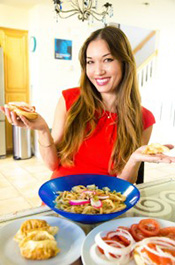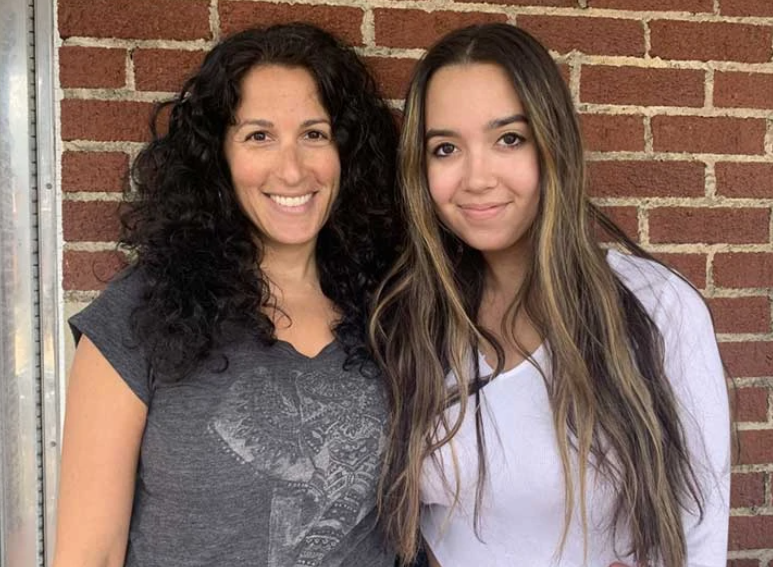This week was a particularly memorable first in a year of many firsts.
Eight months ago, our family moved from our long-time home in New York to my wife’s hometown of Seoul, Korea. It was difficult to uproot ourselves and leave behind our beloved city. However, our family of four had already spent a year and a half sheltering in place in our small Manhattan apartment. The pandemic had left us feeling vulnerable and isolated, particularly when it came to caring for our two-year-old twins. In all honesty, an apartment in the city is really only meant as a place to put your head down at night. The city at large is your true home. Because of COVID that vibrant and exhilarating city was off-limits to us now.
Although I have traveled to Korea numerous times in the past ten years, I am discovering a whole new world. It is exciting but challenging to adapt to my new life; it’s a work in progress. Although the twins are now fluent in Korean, my own grasp of the language is very basic, just enough to slowly and carefully compose a few written sentences or to get by on the street.
Yesterday, we celebrated “Seollal,” the Lunar New Year for the first time with our Korean family.
Elaborate preparations began days earlier. And on New Year’s day, we rose early in the morning to begin working in earnest, with my mother-in-law presiding. My wife and sister-in-law set an elaborate table. It was laden with plates of fruit, meat, fish, vegetable side dishes of all kinds, cookies, rice cakes, and rice wine. The table is meant as an altar and offering for the ancestors. And in that sense, the Korean New Year is less about personal resolutions and looking forward than about honoring the memory of the generations that came before us.
Since moving here from New York, I have yet to meet a fellow Jew – or even another person from Latin America. That absence is so tangible it has become an unconscious presence. So when I looked at the lit candles on our table, a part of me was transported to that other Lunar New Year celebration, Rosh Hashanah, that I grew up with in Guatemala. Instead of a suit and tie, I was wearing a silk “hanbok,” the same I had worn on my wedding day. There were no siddurim and prayers in shul, but instead, there was “charye” the ritual of honoring ancestors in the home of family elders. There was also “sebae;” our twins and their cousins bowed to their grandmother, receiving her blessing and small gifts of money in exchange for their display of respect and reverence.
When the ceremony was over, we sat down to a feast that included all the foods from the ritual table as well as “ddeokguk,” rice cake soup. Hye-Ryoung, my wife, told me that yesterday’s Seollal celebration was different than how she remembered it growing up. During her childhood, traditional games like “Neolttwigi” and “Yut Nori” were still popular. Neolttwigi is similar to a seesaw, except participants stand at either end of a wooden plank and jump, propelling the other person into the air. Yut Nori is a centuries-old traditional children’s game played with wooden sticks on a stitched cloth board. Participants play in teams and race to the finish by throwing sticks. Adults whiled away the afternoon playing cards, making small bets, and drinking rice wine.
Last night, after the family left, my wife put the twins to bed, and I reminisced about the day and all that I had experienced. Despite the feast, I still felt the pinprick of craving. I opened the cupboard and pulled out a small bag of “kkul kkwabaegi”, an old-fashioned apple and honey-flavored snack. Again, my thoughts drifted back to my mother’s Rosh Hashana table: her honey cake, challah and kugel, the heaping plates of sliced apples. I felt lucky for having grown up with the richness of Jewish tradition and grateful that my children will be able to draw wisdom and comfort from both my own and their mother’s heritage.
Jaime Permuth’s latest book “The Street Becomes” is available here” https://meteoroeditions.com/The-Street-Becomes-J-Permuth












